Running a half marathon is a rewarding challenge embraced by many runners worldwide — from beginners aiming for their first half marathon to seasoned athletes pursuing a new personal best. But exactly how far is a half marathon? How should you prepare? What are the best training plans?
In this in-depth article, you’ll find expert training advice, science-backed tips, and a clear breakdown of everything you need to train for a half marathon and race your best. Whether you’re new to running or a seasoned runner, this guide will equip you physically and mentally for success.
If you’re visiting Maratona Clube de Portugal’s site, you’re likely an athlete hungry for knowledge. This post consolidates top half marathon training techniques, verified stats, pacing strategies, gear recommendations (hello, Garmin!), and even world record insights (Jacob Kiplimo, anyone?). It will help you optimize every training run, race your best, and avoid common pitfalls — all in one ultimate guide.
Table of Contents
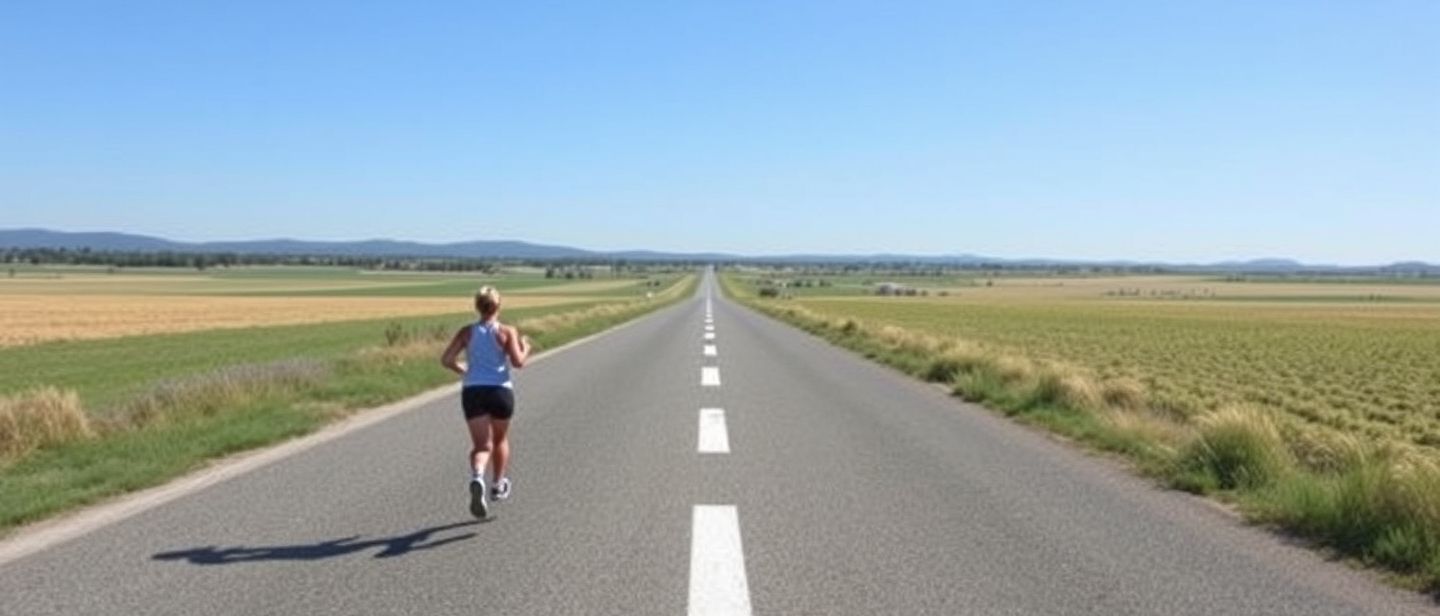
Let’s answer the key question: How far is a half marathon? A half marathon length is 21.0975 km — which is 13.1 miles or 13 miles 192.5 yards. In metric terms, it’s often rounded to 21.1km or 21k.
This is exactly half the distance of a full marathon (26.2 miles or 42.195 km). So if you can already comfortably run a 10k or 5k, you are well on your way toward tackling a half marathon.
Distance summary:

Running a half marathon offers multiple benefits for your body, mind, and athletic development:
In fact, many runners discover that half-marathon training makes them faster over shorter distances (like 5k or 10k) due to enhanced aerobic capacity and higher weekly mileage.

So you want to run a half? The first step is to assess your current fitness level. If you can already run a 5k or 10k, you’re ready to begin structured half marathon training.
Key elements of beginner preparation:
Tools like Garmin or Strava can track your progress and help maintain an average pace target.
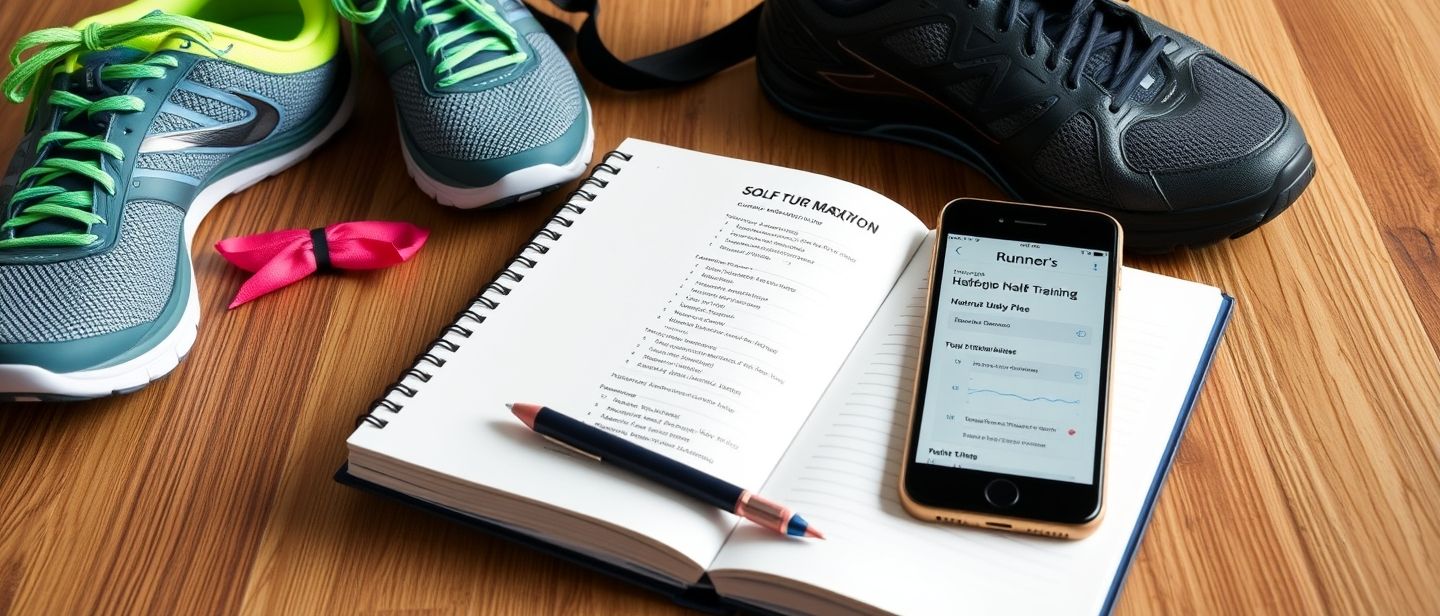
Half marathon training programs typically last 8 to 16 weeks, depending on experience level:
| Experience Level | Suggested Training Duration |
|---|---|
| New to running | 12-16 weeks |
| Intermediate runner | 10-12 weeks |
| Experienced runner | 8-10 weeks |
Gradually building up to longer training runs reduces injury risk and optimizes race-day readiness.
Here are three effective half marathon training plans:
Pro tip: Use a Garmin or similar GPS watch to track your average pace and progress.
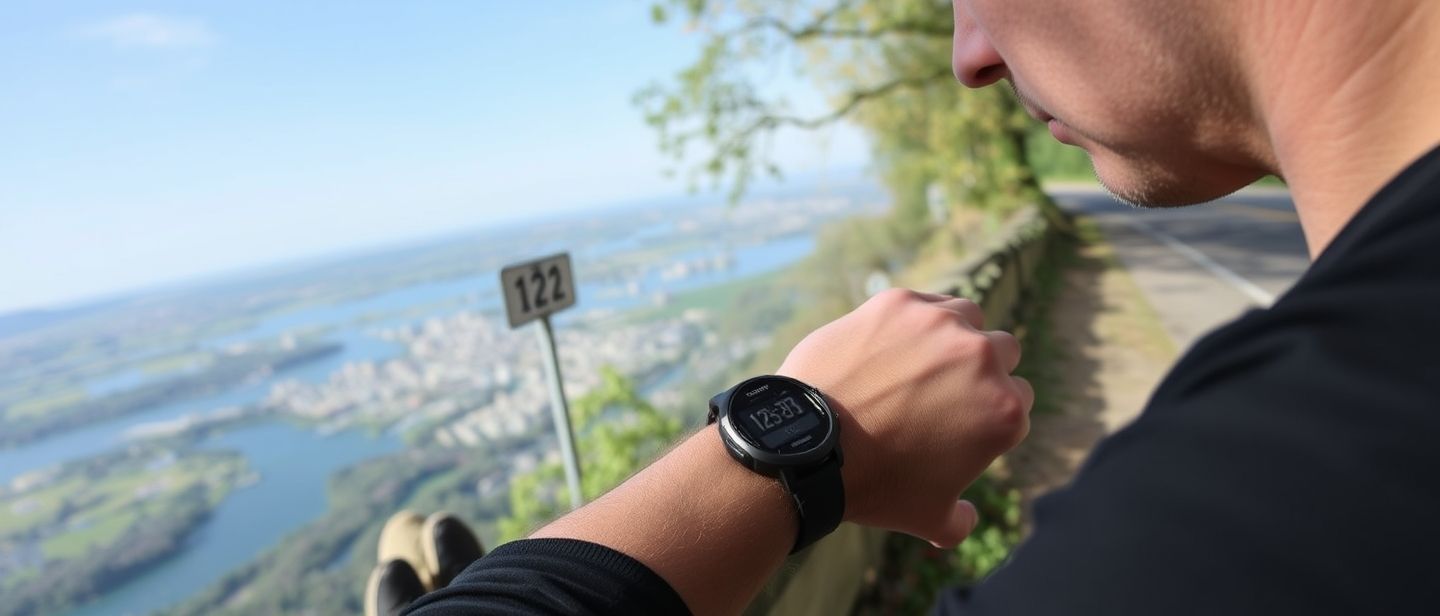
One of the most important factors in racing a strong half marathon is managing your pace.
Training advice:
Average finish time for half marathons varies:
Verified stat: According to Running USA, the average finish time for half marathons in the U.S. is 2:10:32.
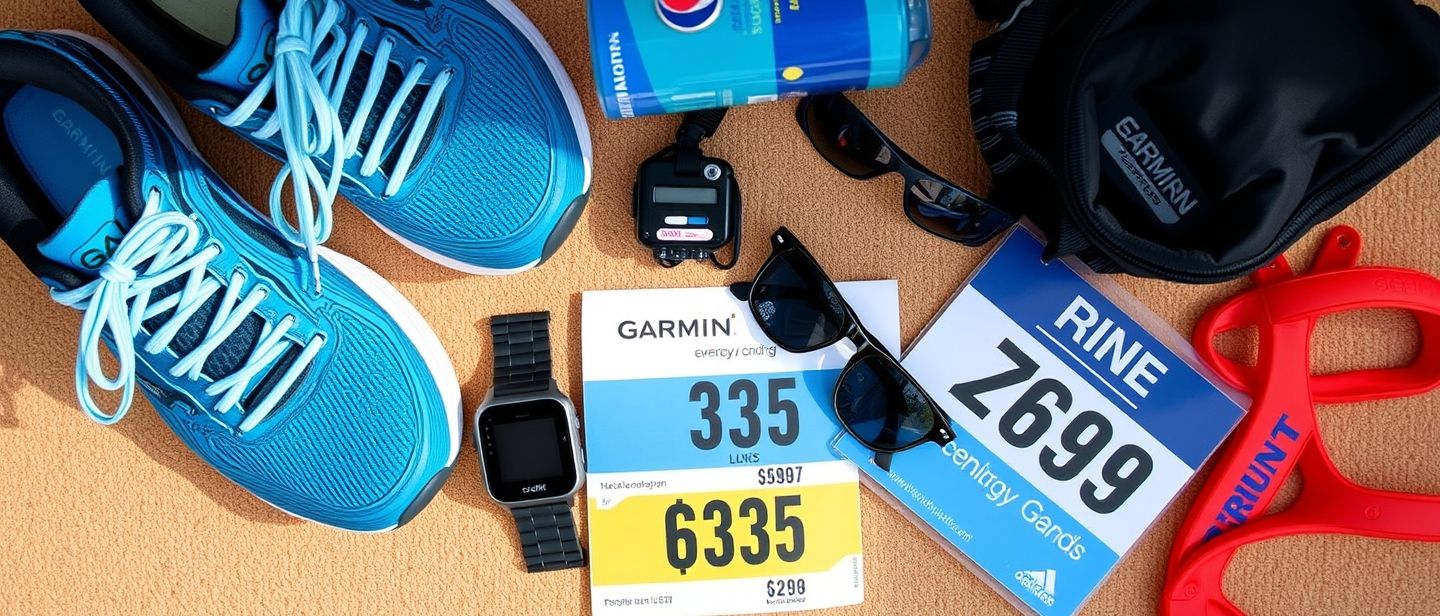
For optimal half marathon performance, gear matters. Essentials include:
Tip: Test all gear during long training runs — not on race day!
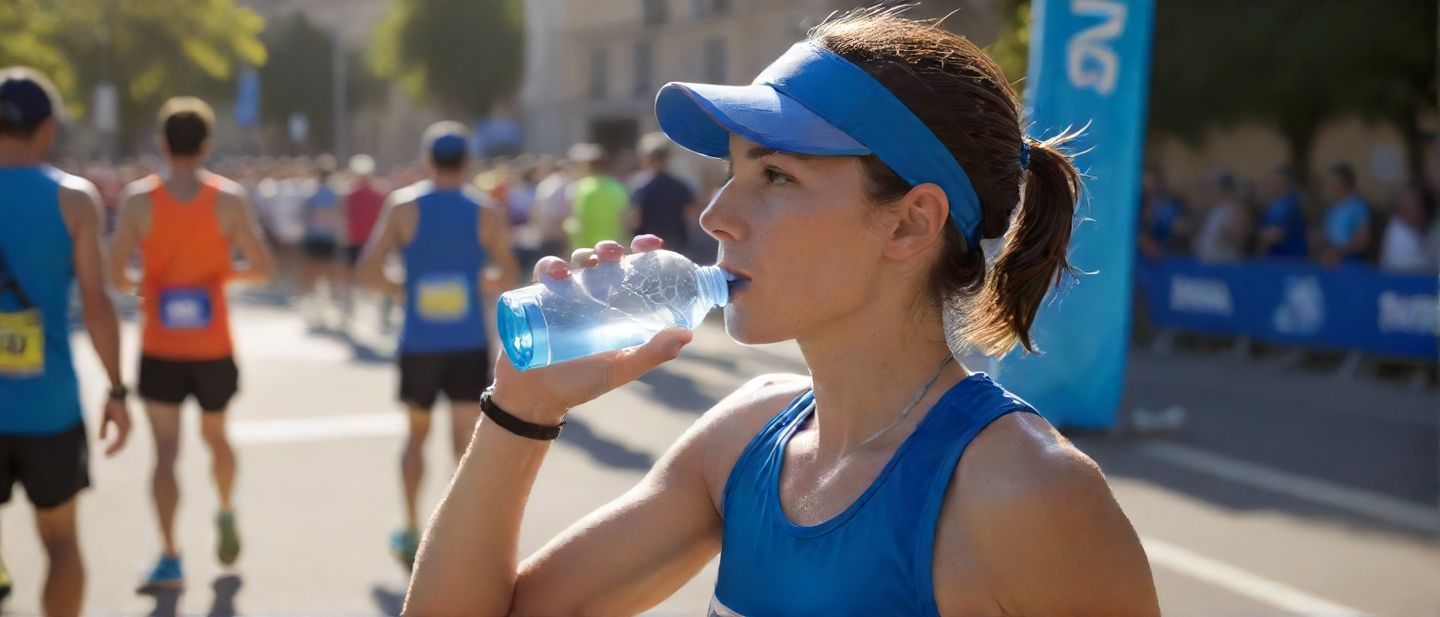
Half marathon nutrition tips:
Training sessions should simulate race day fueling to condition your gut and pacing.
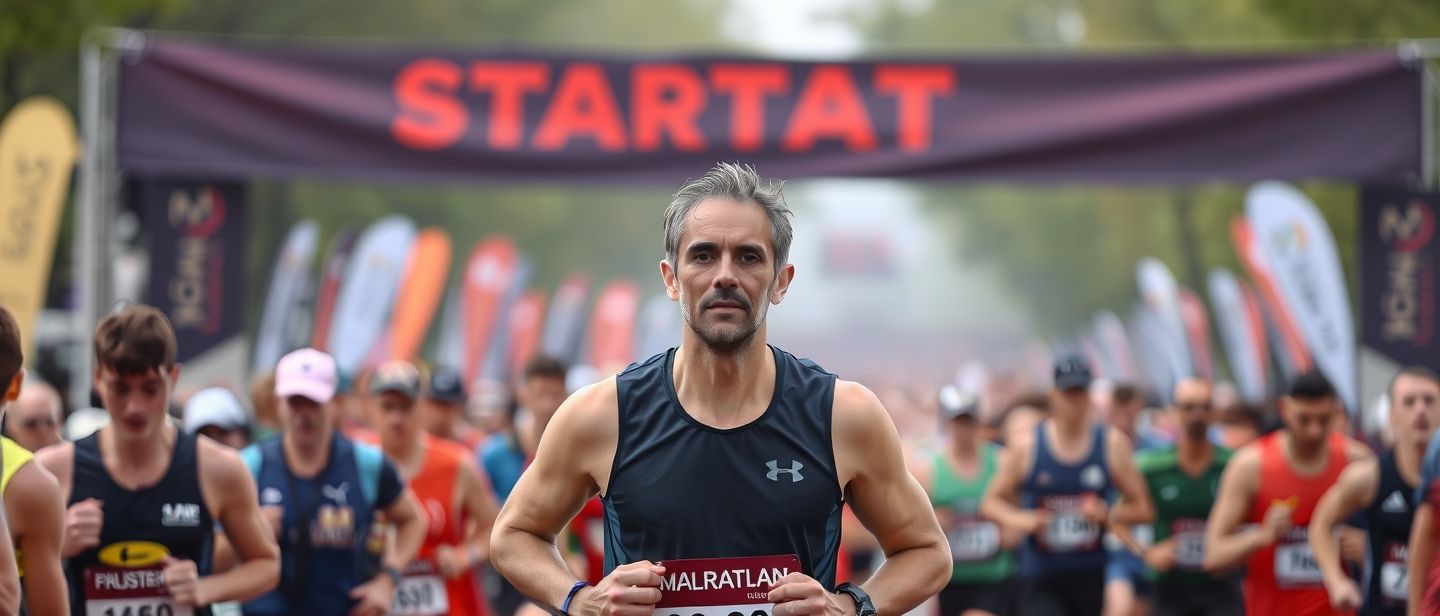
Race day strategy essentials:
Environmental factors (heat, humidity, wind) can affect your pace — adjust accordingly.
World record trivia: The current men’s world record is 57:31 by Jacob Kiplimo; women’s is 1:02:52, set by Letesenbet Gidey.

Post-race recovery matters! Tips:
By following these, you’ll bounce back faster and prepare for future races — perhaps even a full marathon!
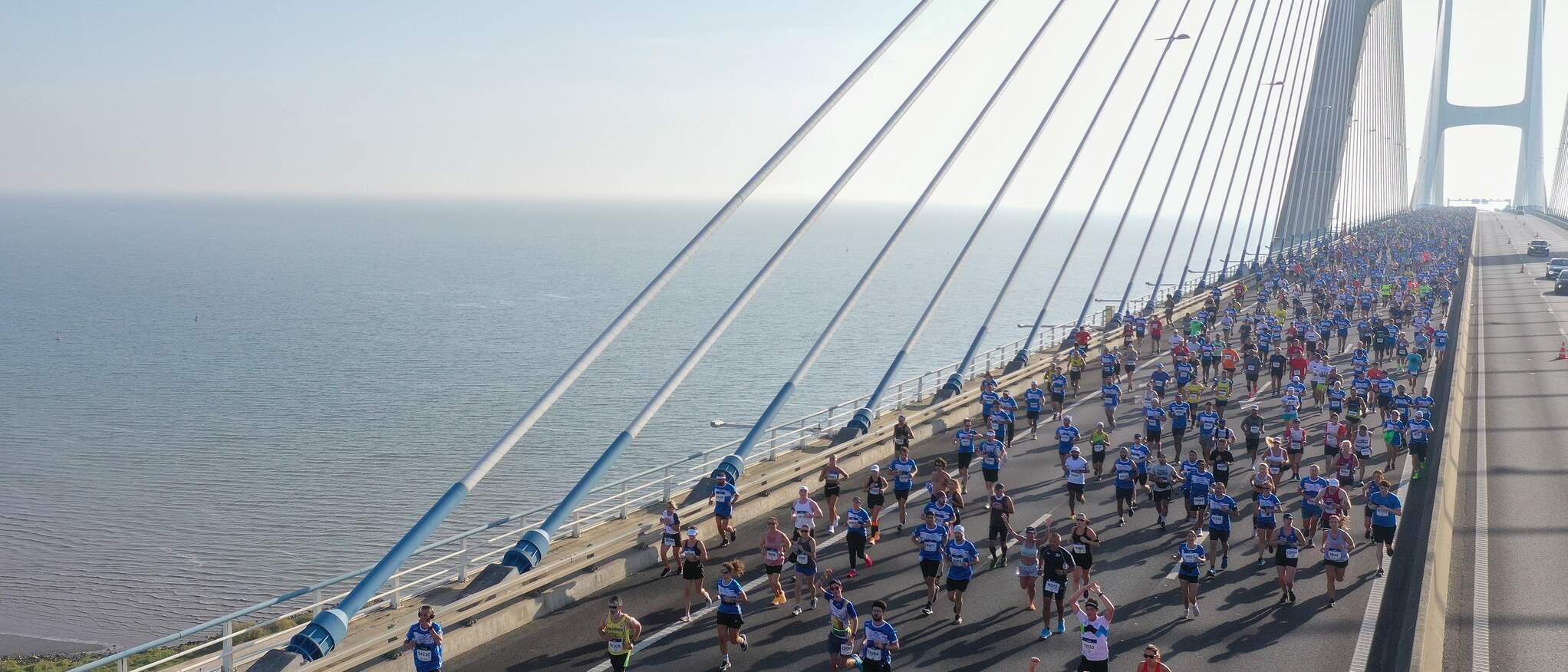
Running a half marathon is an incredible goal for many runners. Whether you’re preparing for your first half marathon or chasing a new personal best, the key is to train smart, follow a tailored training plan, and listen to your body.
By applying the tips in this guide — from pace strategies to cross-training — you’ll be ready to run a half marathon confidently. Enjoy the journey, the training, and the accomplishment of crossing the finish line. We hope to see you soon at a running event with Maratona Clube de Portugal!
If you’re aiming to achieve a personal best or simply want to experience a world-class marathon, the EDP Lisbon Marathon is the perfect opportunity. Scheduled for October 25, 2025, this marathon is renowned for its stunning coastal route, starting in Carcavelos and finishing at the iconic Praça do Comércio in Lisbon’s city center Registration. It’s recognized by international publications as one of the most beautiful marathons globally.
For those looking for shorter distances, the event weekend also features the Hyundai Half Marathon and the EDP 8K, both taking place on October 26, 2025. These races offer scenic courses that showcase Lisbon’s rich history and vibrant atmosphere. Whether you’re a seasoned runner or a beginner, there’s a race for everyone.
21.0975 km, or 13.1 miles (13 miles 192.5 yards).
Typically 8-16 weeks, depending on experience.
Varies by athlete; beginners often target 10-11 mins per mile, advanced 6-7 mins per mile.
Yes! With a solid training plan and gradually building your long runs.
Yes — it improves endurance and prevents injury